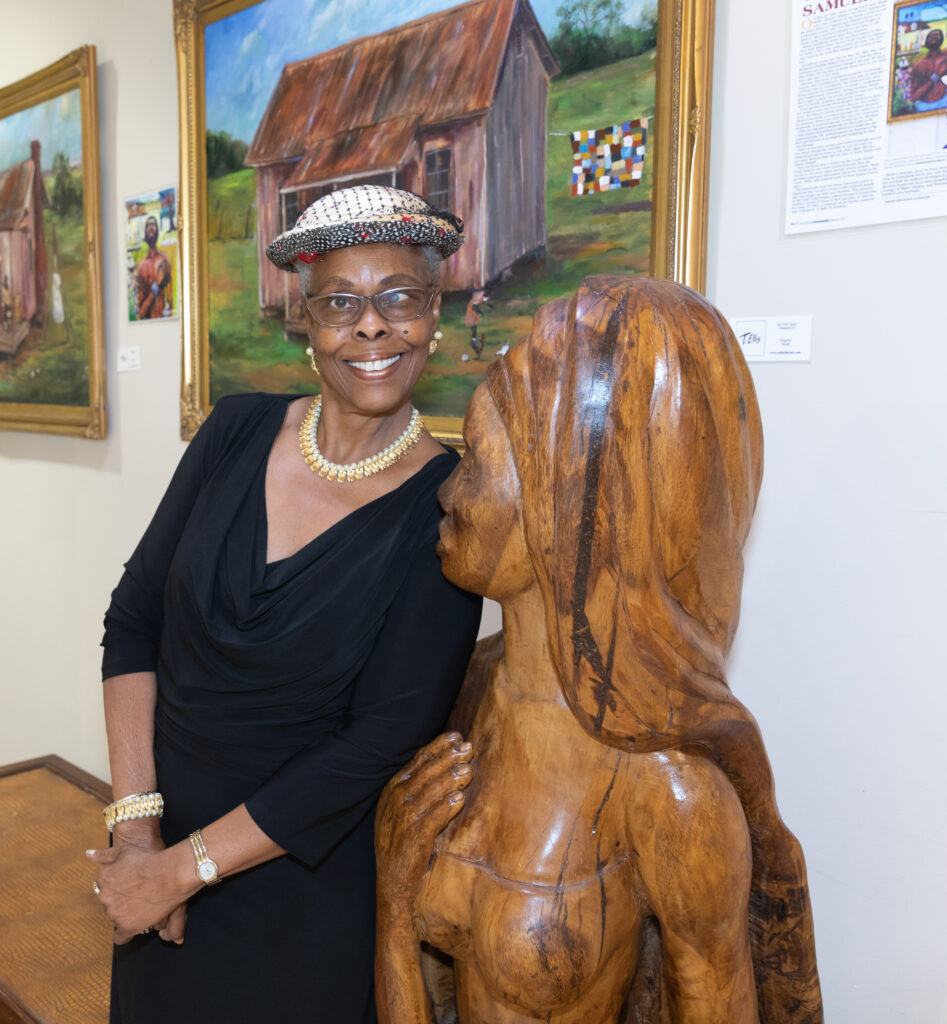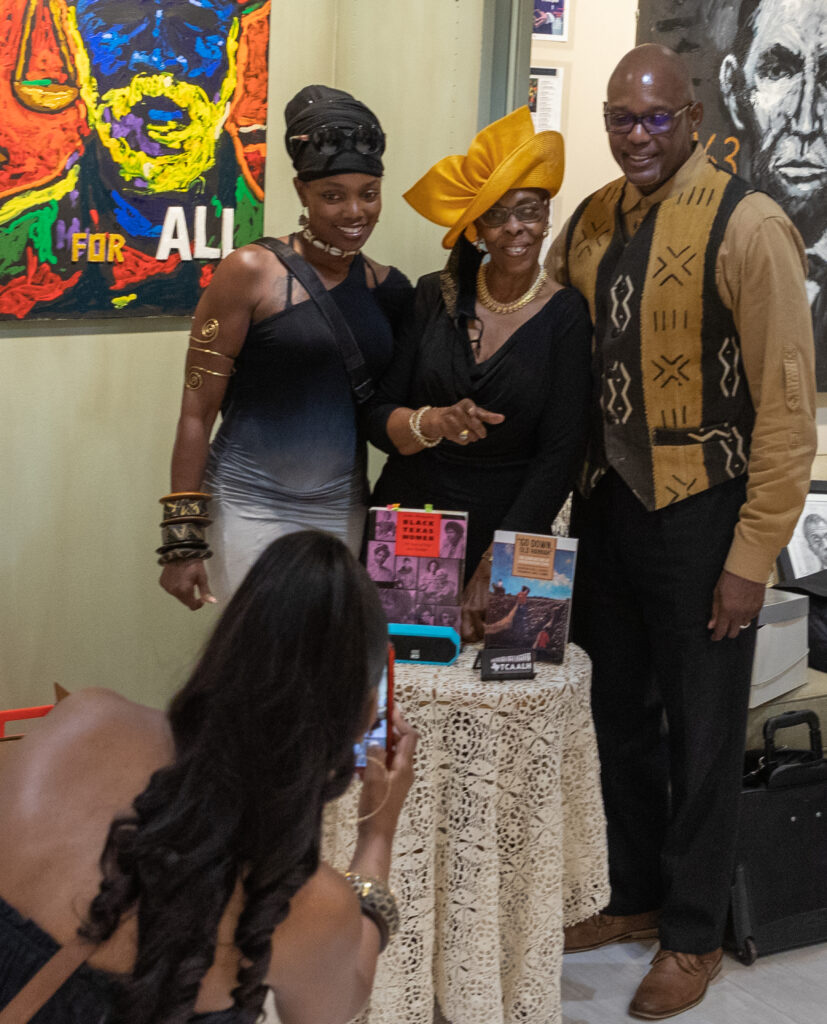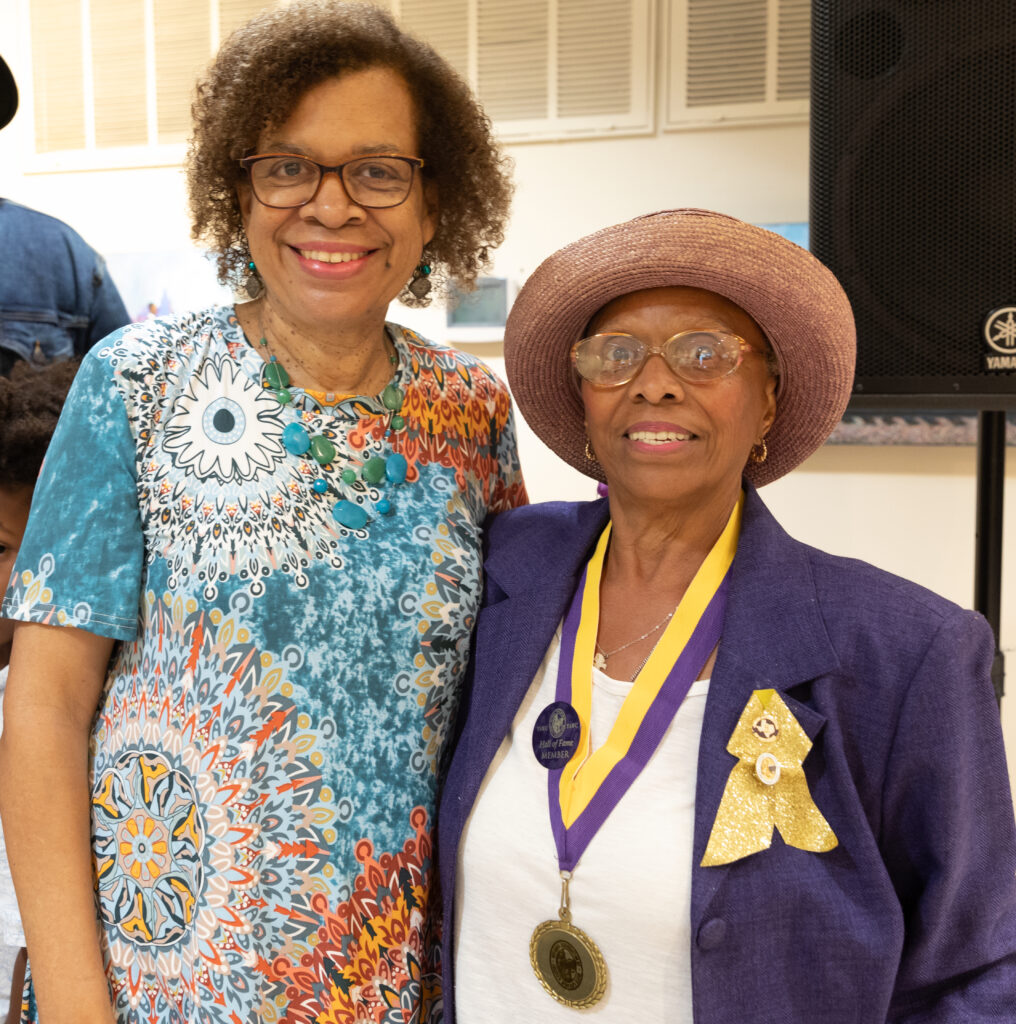

By Ruth Ann Ruiz
The Post Newspaper Features Editor
Many people know Naomi Carrier, founder of Texas Center for African-American Living History, for her work as a historian. Her dedication and research laid the foundation for the creation of the Emancipation National Historic Trail.
What is little known about Carrier is her time spent at live performances B.B. King concerts across.
“My husband was on the road as a keyboardist for B.B. King from 1979-1988,” said Carrier. “I would go meet them in places like San Francisco and New York. I met a lot of people and saw a lot of places.”
Though she had a lovely time meeting up with her husband, she didn’t take to the road like her husband had. “Teaching was my life and I raised our two sons, Langston and Doc,” she added.
Her husband passed away in 1997.
Carrier is also an actress, musician and author. She was a school teacher for 29 years.
She is a Texan with a sweet disposition, a dazzling smile and her own natural talent for entertaining a crowd. Born in the Rio Grande Valley, her family moved to Wichita Falls while she was a child. “I graduated from Booker T Washington High School in 1965,” she says as she recalled how long ago that had been. After graduating high school, Carrier went on to the University of North Texas.
Carrier wrote and directed the screen play, Four Galveston Women. Her work recreates brief views into the lives of four African-American women from Galveston whose work helped shape the history of Galveston and impacted thousands of lives.
Nia Cultural Center produced Four Galveston Women and hosted its premier as part of a series of events in celebration of Juneteenth. As the sun began to set, the room filled to standing room only. Most guests were attired in brilliant colors and smiles and had come to participate in the celebration.
June Pulliam (Izola Collin’s Daughter) read a Congressional declaration recognizing the significance of the evening event from U.S. Congresswoman Sheila Jackson Lee. Pulliam continued to celebrate her mother’s legacy as she took time to speak with many attendees after the showing.
The first woman featured in the film was Maud Cuney-Hare (1897-1936), portrayed by Dabrina Sandifer. Next in the lineup was Jessie McGuire Dent (1891-1948) played by Annette Colbert-Black. The third woman, Albertine Hal Yeager (1897-1936), was played by Sandifer.
The film capped off with a reenactment of Izola Fredford Collins, played by Carrier. The finale was a recording from the Galveston Symphony Orchestra of a performance directed by Izola Collins.
“I’m very proud of the work and so glad to see the large group of people who came out tonight,” said Rose Daniels, who was one of the guests who gathered together to watch the historic presentation.
Carrier is hopeful the mini-movies will be available as scannable QR’s for people to view on historic markers at the centers, parks and churches in Galveston where the four women are honored by names or by the memory of their presence: Norris Wright Cuney Park, McGuire Dent Recreation Center, Children’s Crisis Center and Reedy Chapel.


